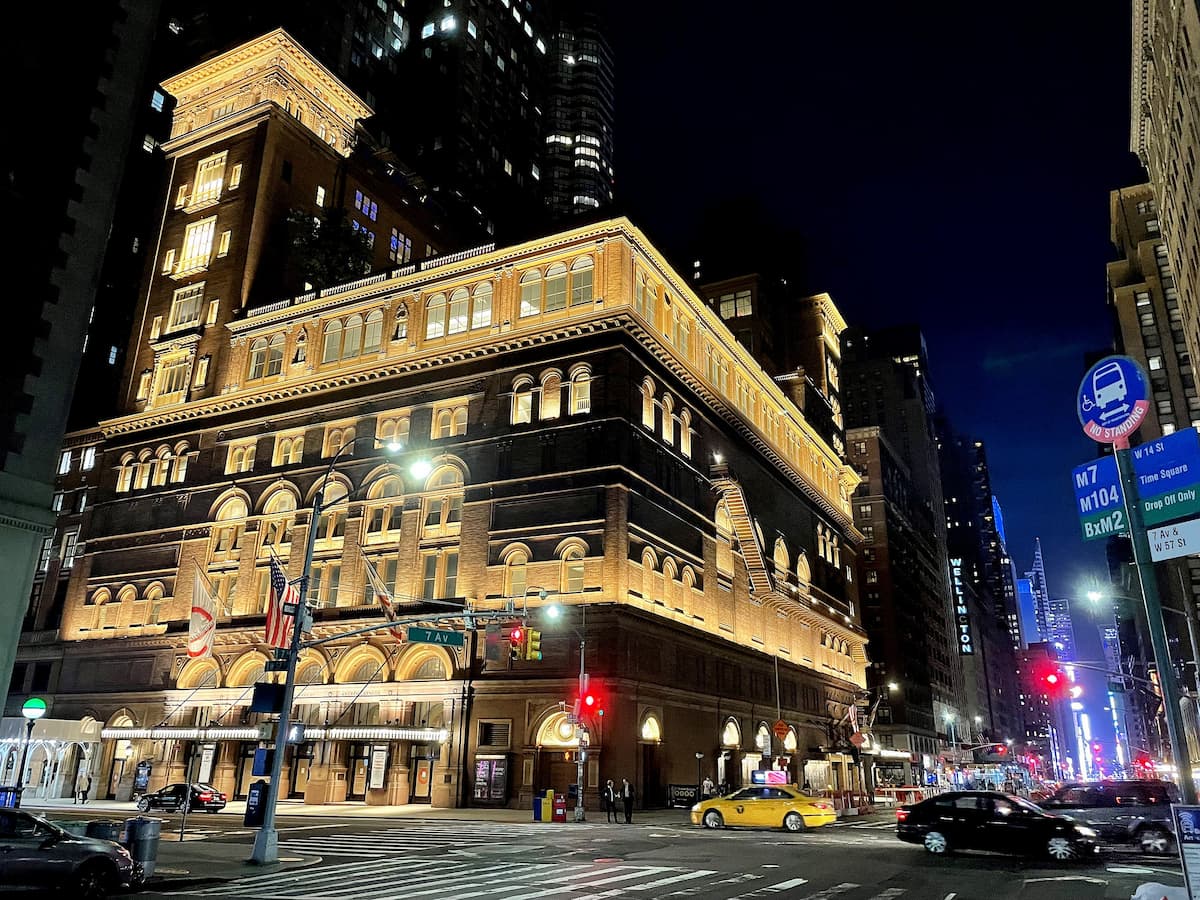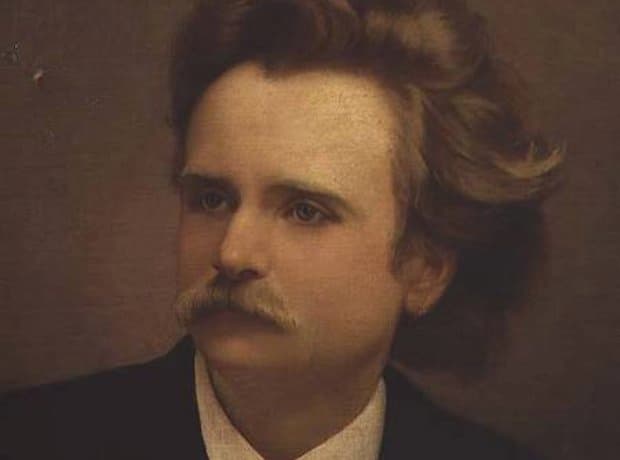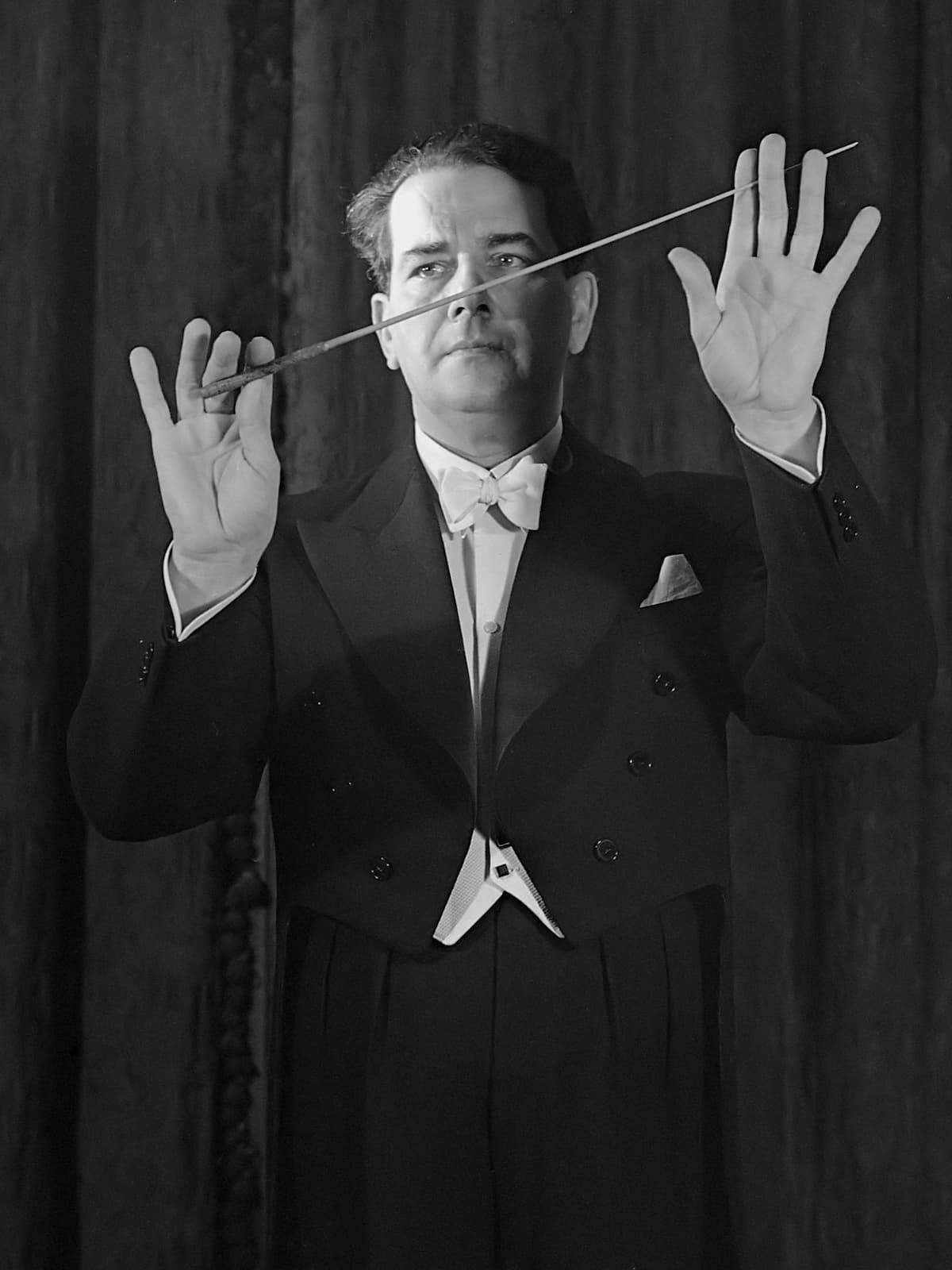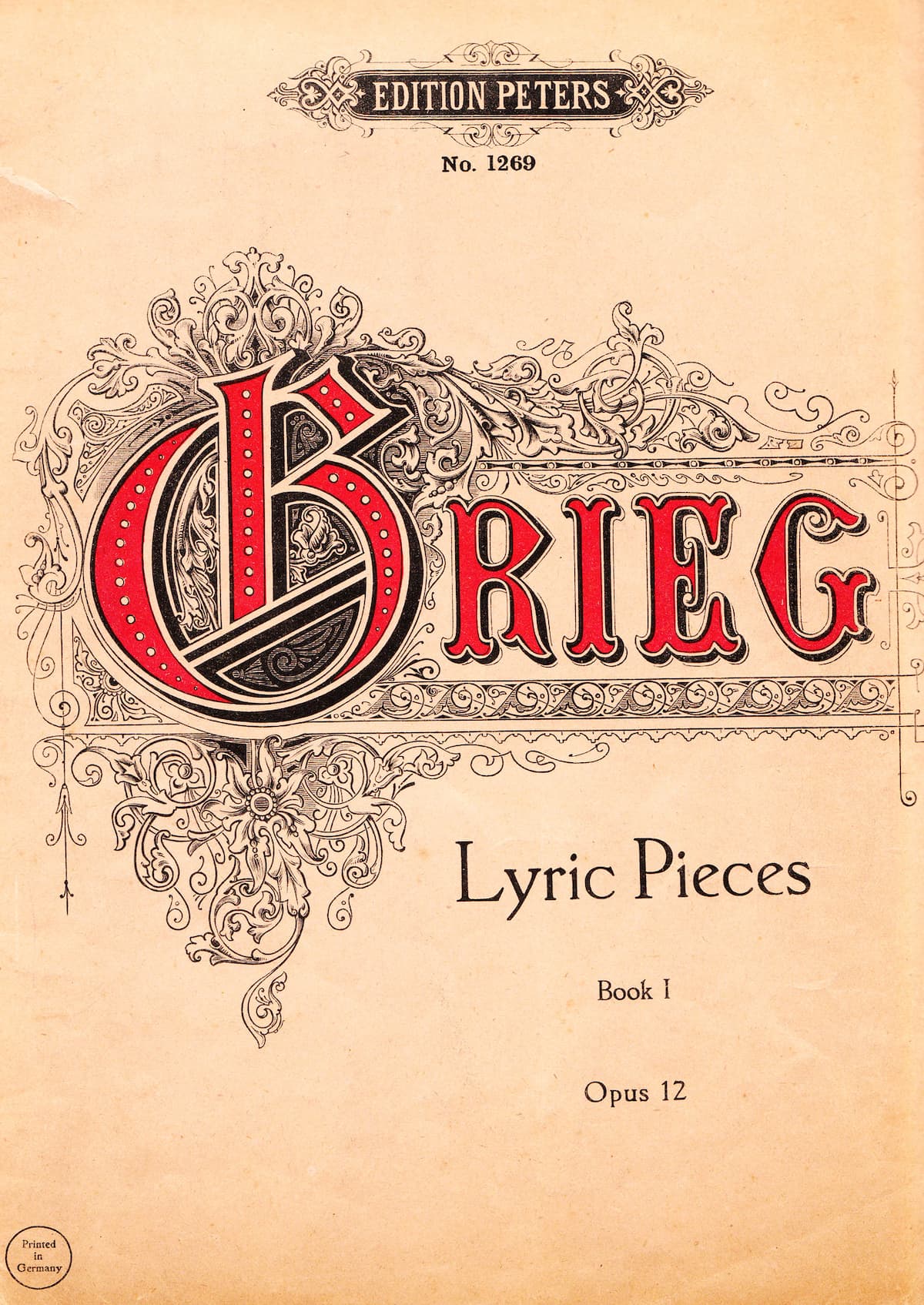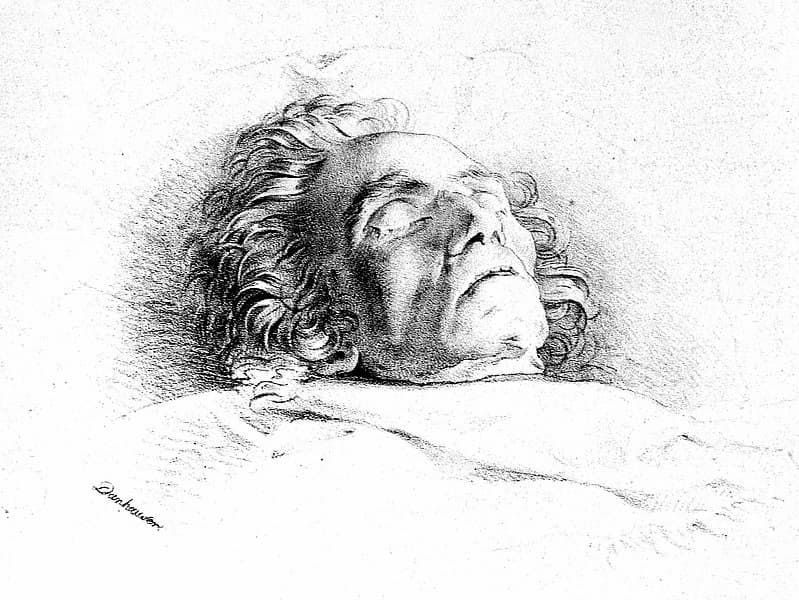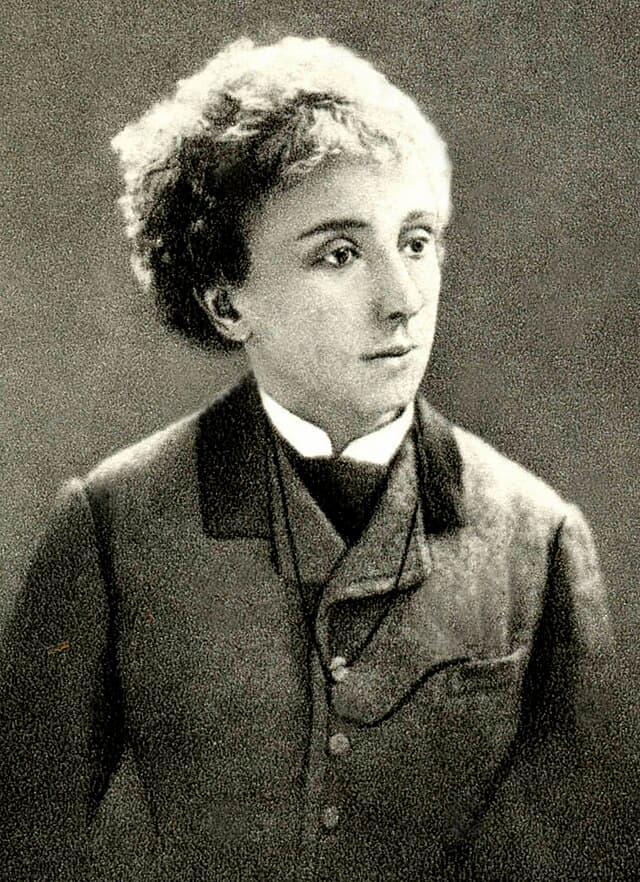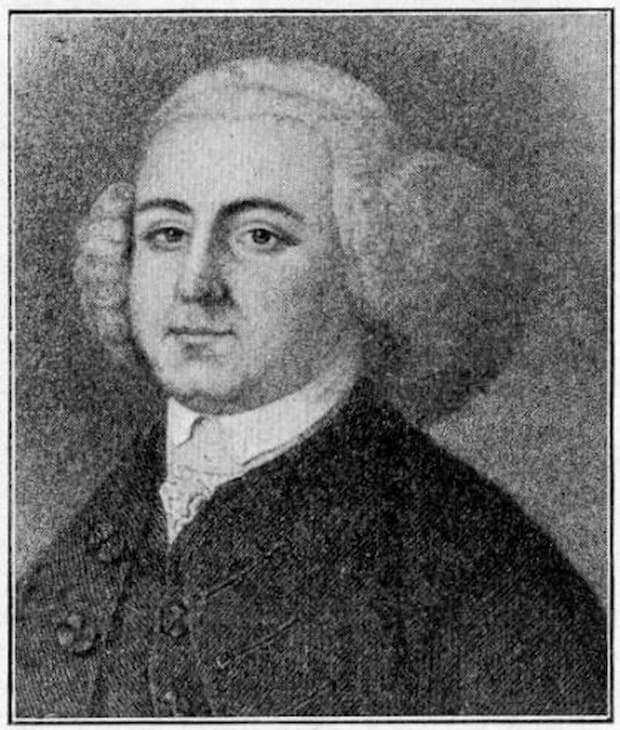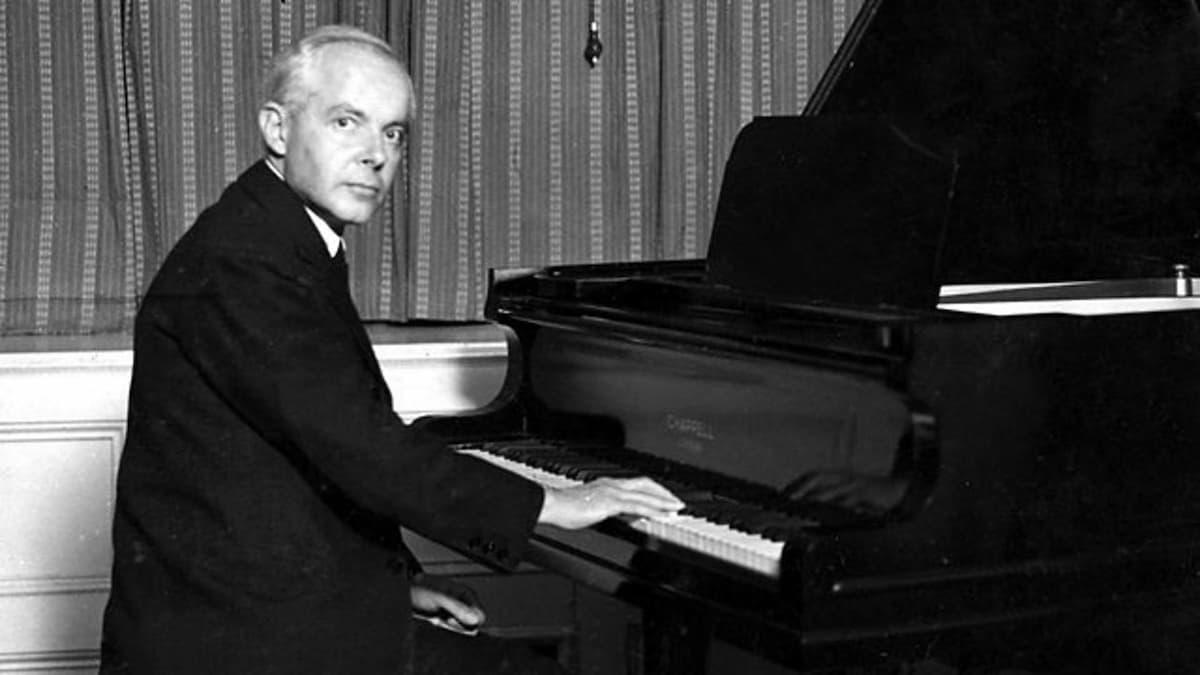“How do you get to Carnegie Hall?” the old joke goes. “Practice, practice, practice,” is the customary response. However, if you’re feeling lazy, there is another easier way you can visit: by watching films or TV shows that use Carnegie
Blogs
One of my favourite quotes by Edvard Grieg reads, “Bach and Beethoven erected temples and churches on the heights. I only wanted to build dwellings for men where they might feel happy and at home.” It sounds a touch understated
The best conductors are often workaholics intensely devoted to their craft and career. So it’s no surprise that over the course of music history, quite a few conductors have died or suffered fatal injuries while on the podium. Today, we’re
From his earliest years to the concert tours in the year he died, Edvard Grieg performed as a pianist playing his own composition. He was a great pianist but not a virtuoso, and according to a biographer, “his intimate familiarity
There’s something morbidly fascinating about last words: the idea that a life can somehow be summed up in a few words. The importance of those last words only grows when the men saying them are some of the most influential
It is the fall of 1871. A twenty-six-year-old Ukrainian woman sends a cable to Europe to pianist and composer Franz Liszt. She warns him that she is about to cross the ocean to kill him. Ten days later, she shows
In the world of classical music, John Marsh (1752-1828) is not really a household name, but he probably should be. He was one of the most prolific composers in 18th-century England, producing roughly 350 mostly instrumental works. Although very little
Since we recently featured the fifteen Shostakovich String Quartets and the seventeen Weinberg String Quartets, I thought it only fitting to reveal some remarkable cutting-edge tendencies in the brilliant Six String Quartets of Béla Bartók, one of the most important

